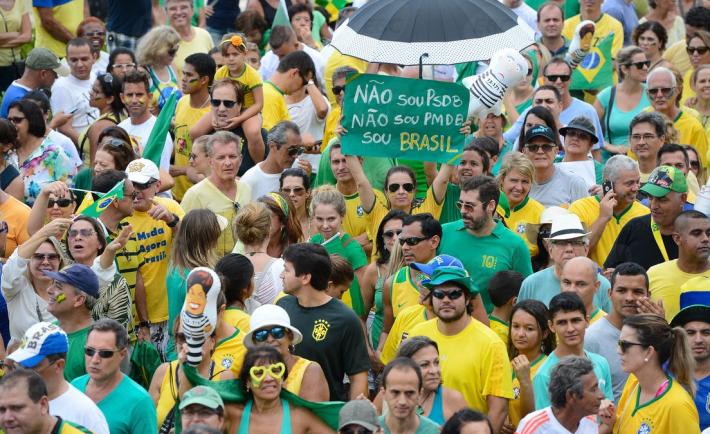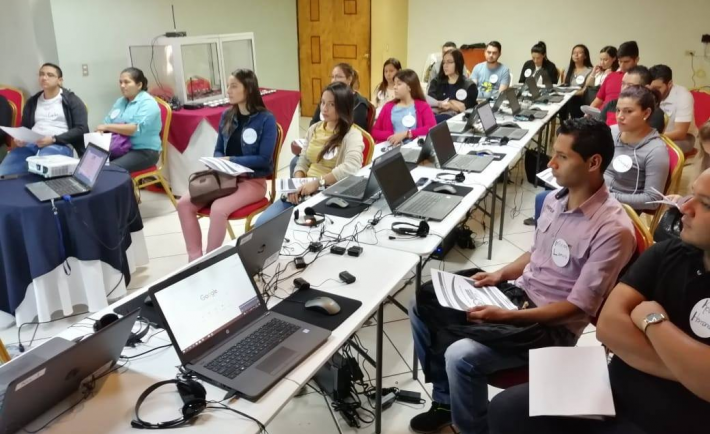My seatmate pulled out her phone the moment our packed plane touched down in El Salvador three days before the country’s February 3 presidential elections. She began furiously scrolling through her Facebook feed, her face lit up with campaign slogans, articles and the smiling faces of candidates Nayib Bukele, Carlos Calleja and Hugo Martinez. Peering over her shoulder, I watched as she punched out a comment lambasting corrupt status-quo politicians. “El Salvador doesn’t need another leader who steals from us,” she typed. “Bukele deserves a chance.” The goal of my trip to El Salvador was to assist our local partners with a USAID-funded election-day observation. NDI supported a consortium of Salvadoran universities and a civil society organization, together called Observador Electoral 2019, to recruit, train and deploy 850 Salvadoran election observers to monitor a statistically representative sample of 700 polling stations nationwide.
Inside the Cueva: My Experience Observing El Salvador’s 2019 Presidential Election
Making Democracy Popular: Corruption, Populism & Brazil

Brazilians take to the streets to protest rampant government corruption on March 13, 2016. Photo by Agencia Brazil (CC BY 3.0 BR)
What do Mexico’s Andrés Manuel López Obrador, Hungary’s Viktor Orbán, the Philippines’ Rodrigo Duterte and Venezuela’s Hugo Chávez have in common? They’ve all been branded as populists, both celebratorily and scathingly. As Brazil heads to elections on October 7, all eyes are on ultra-conservative candidate Jair Bolsonaro – who brazenly rejects political correctness, defends Brazil’s authoritarian past and promises to upend the establishment – as the latest in a line of political strongmen turning citizen malaise into electoral success. Charismatic populist leaders present society as divided into two separate and homogeneous entities: the corrupt elite, and the pure people who the corrupt have oppressed. Proclaiming their direct link to the people (often enabled by social networks), they tend to eschew representative institutions and checks and balances. While left-wing populists take a class-based approach pitting working and middle-class people against a greedy economic elite, right-wing populists typically define the people as an exclusive group along ethnic, racial or national lines.


